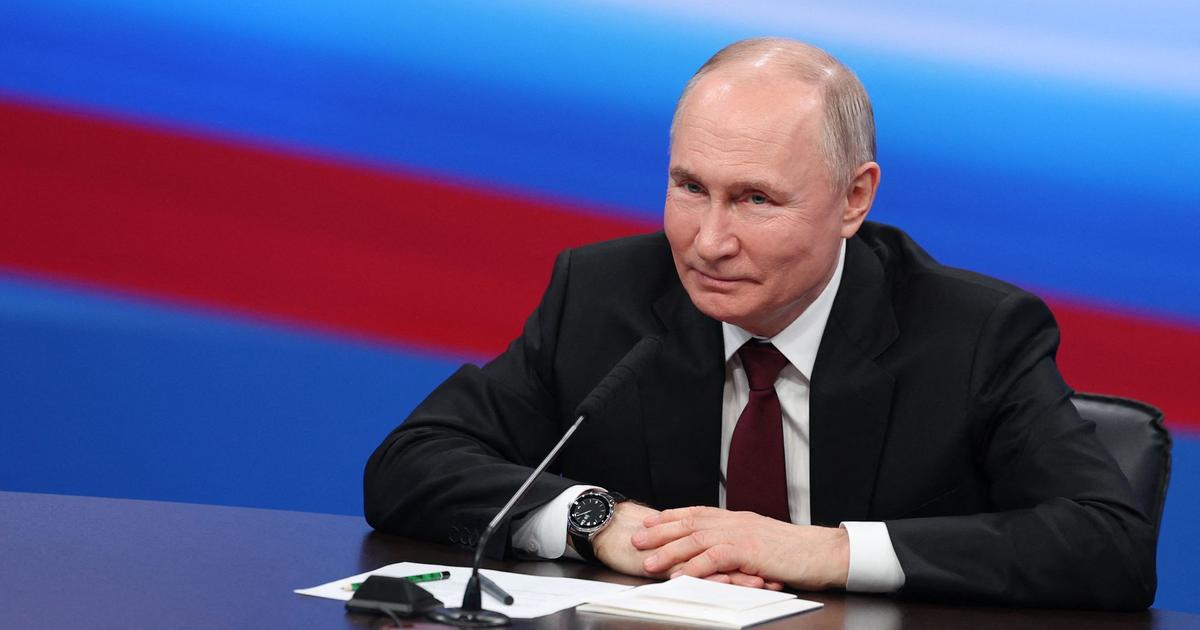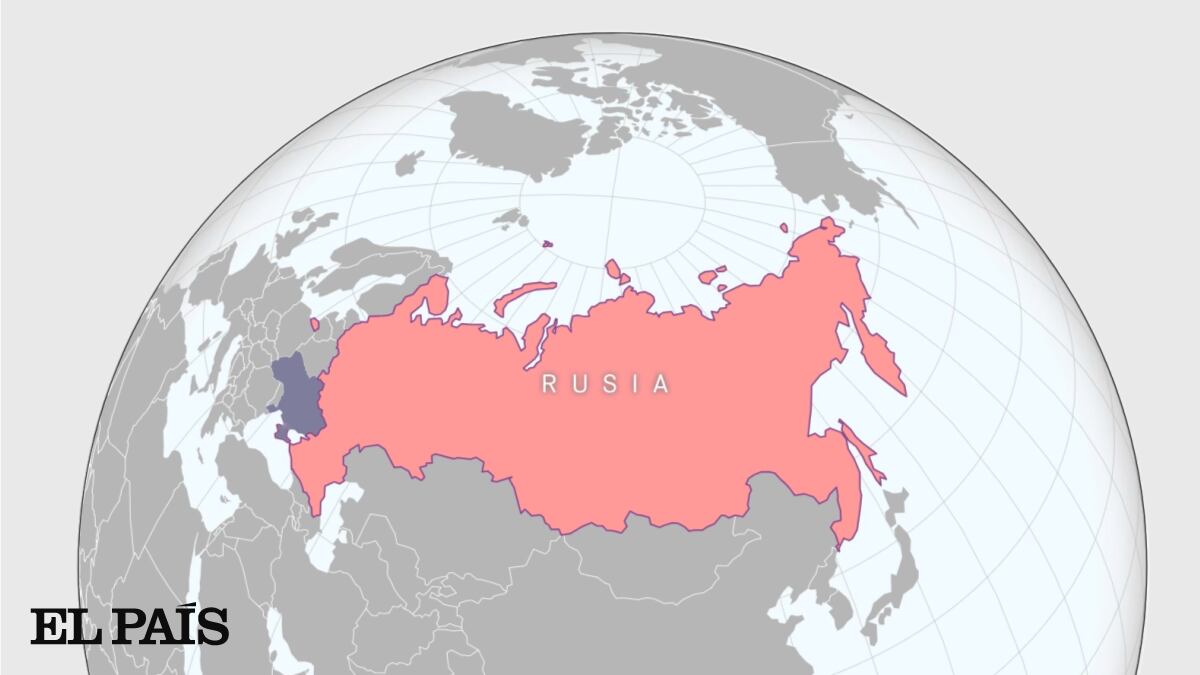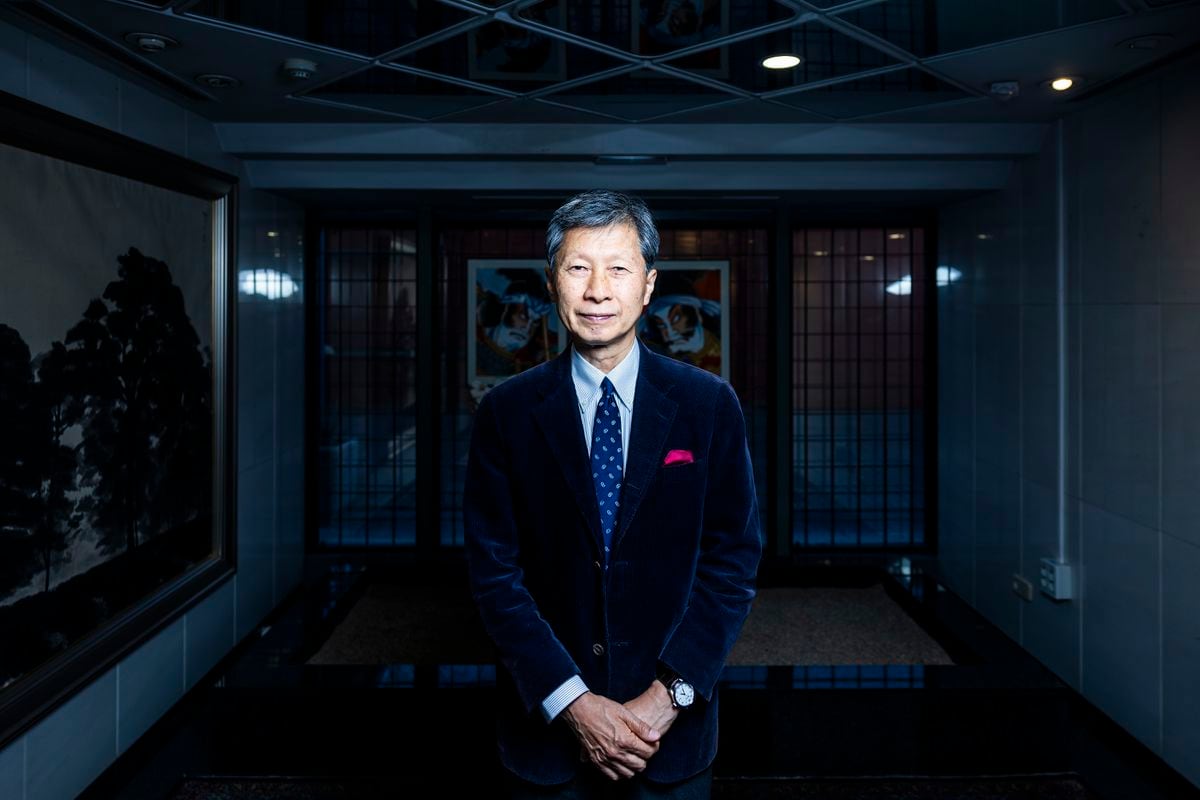The world is making great strides towards a multipolar and confrontational configuration.
In it, large players such as the United States, the European Union, China, Russia or India fight intensely to strengthen relations with the large, and heterogeneous, field of countries that go under the label of the global south, or more generically, in the entire sector of non-aligned states.
The Munich Security Conference clearly highlighted this competition that takes place with multiple levers, from investment and trade to ideological narratives and identity issues.
The EU's High Representative for Foreign and Security Policy, Josep Borrell, highlighted the issue in his speech at the forum on Sunday.
“We cannot think about European security without looking at the global scene and engaging with other partners.
I see how powerful the Russian narrative is, its accusations of double standards.
We have to dismantle that narrative, cooperate with other countries, accept that the UN structure must be adapted."
On the opening day of the conference, French President Emmanuel Macron declared himself “shocked by how much credibility we are losing in the global south”.
He warned about the resentment that continues to exist towards Europe and the West in many of those countries, a feeling that has a lot to do with the anti-colonialist history in Africa and anti-imperialist history in Latin America.
Each one in his own way, Russia, China and India play with that historical perspective to strengthen their positions.
While two major axes of tension are developing —between the US and China, and between the NATO bloc and Russia— the other countries of the world are refining their position, sometimes getting closer to some of the actors, but many others with the intention of not getting trapped in a logic of blocks and even taking advantage of the interest of the different powers to broaden the field of partners and friends to count on.
The fight is tight.
The Russian invasion of Ukraine received a resounding condemnation in the UN General Assembly in March 2022 with 141 votes against, 35 abstentions and five in favor.
And the G-20 approved conclusions last November that were quite unfavorable for the Kremlin.
However, there are only about 40 countries that apply sanctions against Russia, and there are many that openly reproach the West for its role, either for past actions that spurred the conflict, for considering that it fuels it by supplying weapons or that it has contributed to a global economic crisis imposing harsh sanctions on Russia.
Meanwhile, for decades, China has been cultivating ties through large investments unrelated to all kinds of democratic demands.
Russia does it by providing security services or by ideological manipulation.
India, trying to establish itself as the great reference of that south, with its history of alignment.
New Delhi hosted a virtual summit in January inviting 120 nations from the global south, and significantly missing their big competitors.
The effort of the great powers is projected throughout the atlas, but of course it is concentrated with special intensity in key middle powers, such as Brazil, the Latin American giant, Indonesia, with its 280 million inhabitants and sustained economic growth. , or Turkey, a key country in a turbulent region, a member of NATO with a fluid dialogue with Russia, which this same Sunday received the visit of the US Secretary of State, Antony Blinken.
In a conversation with this newspaper during the development of the conference, Borrell elaborated the concepts pointed out in his public intervention.
“It is clear that there is a group of countries that are non-aligned in the modern version.
Countries that, depending on what it touches, can be with one or the other.
We Europeans have to measure more the impact on third countries of our policies, which seem to us to be very good, very well-intentioned;
we have to save the planet, but sometimes we do not sufficiently calibrate the impact on third parties.
Issues such as palm oil in Indonesia, the Carbon Border Adjustment Mechanism, deforestation in Latin America or Southeast Asia.
We have to do that, but we have to take these countries much more into account.
Take much more into account their interests, points of view, concerns”.
The importance of the matter had a visual consecration with the leading role given at the Munich conference to a panel on the global south, in which the Prime Minister of Namibia (Saara Kuugongelwa-Amadhila), the Vice President of Colombia (Francia Márquez), and the foreign ministers of Brazil (Mauro Luiz Iecker Vieira) and the Philippines (Enrique Manalo).
In it, various substantive issues emerged, including the strong expectation in the countries of the South that those of the North, largely responsible for the emissions that spur climate change, fully assume their responsibility to help the most fragile to face the consequences and share technological advances to produce clean energy.
“What we hope for is global peace, total peace.
That it is also social justice, closing gaps of inequality, iniquity”, said Márquez.
“We expect Europe, the world, to assume the climate justice that the energy transition implies.
We need the world to take up the challenges of the environmental crisis.
A new world order that puts life at the center”.
Lula: "Two do not fight if one does not want to"
Many of these countries disapprove of the war in Ukraine not only because of its consequences on Ukrainian citizens, but also because of its impact on global prices, and often take a equidistance-flavored position, as was evident in some statements by the President of Brazil, Luiz Inácio Lula da Silva, who condemns the Russian invasion, but stresses that "two do not fight if one does not want to" or, in the past, declared that the Ukrainian president, Volodimir Zelenski, was "just as responsible" as the Russian, Vladimir Putin, for the conflict.
Many interventions by Western leaders in Munich underscored this tendency towards equidistance and called for a better effort to explain and persuade about the different degrees of responsibilities in this conflict.
The Social Democrat Sanna Marin, Prime Minister of Finland, directly replied to Márquez's pacifist positions, pointing out that she also shares the rejection of war and the dream of a world without conflicts, but that in the world and in life there are aggressors and that, in the face of aggression, inactivity or equidistance are a form of complicity with the abuse.
Another of the issues about which the global south is demanding —and which was expressed by the Philippine minister Manalo— is the reform of the UN and other international institutions to adapt them to very different balances from those of 1945, when the current architecture of governance of the world took shape.
In this regard, in Munich, not only Borrell expressed his support for the EU accompanying this desire.
Macron pointed out that he wants to hold a conference in Paris in June to "accelerate the reform of institutions like the IMF or the World Bank, the adaptation of the world order to make it more inclusive."
Therefore, there are multiple fields of competition to gain the confidence of a large number of countries that, without having a decisive economic or military weight on their own, naturally have a growing weight on the global scene through their development, their demography.
Follow all the international information on
and
, or in
our weekly newsletter
.
Subscribe to continue reading
Read without limits
Keep reading
I'm already a subscriber









/cloudfront-eu-central-1.images.arcpublishing.com/prisa/MOXXTLJT2Z6VEUX4YEOA3F4B2A.jpg)